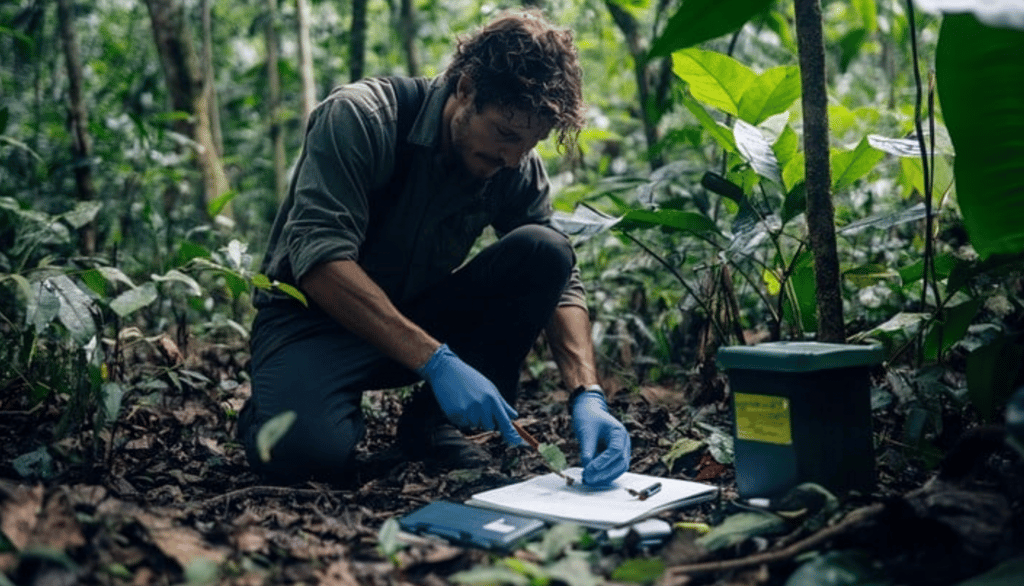The Critical Need for Environmental Research in a Changing Climate
As governmental support dwindles, independent and community-driven efforts can rise to fill the void, providing essential data and solutions.
Varvara Iskra-Gaevskaia
6/27/20251 min read


In light of recent mass layoffs at NOAA, the spotlight on environmental research has never been more critical. Climate research isn’t just about understanding weather patterns — it directly affects our daily lives, health, and economic stability. As governmental support for such studies wanes, the implications are far-reaching.
Firstly, environmental research plays a vital role in protecting public health. The data gathered by organizations like NOAA informs air quality standards, helps predict natural disasters, and identifies pollution sources. Without robust climate research, communities may face increased respiratory diseases, heightened vulnerability to extreme weather events, and more significant economic losses due to unpreparedness.
Secondly, the economy thrives when based on sound environmental data. Industries such as agriculture rely on accurate climate forecasting to optimize crop yields and manage resources. The fishing and tourism sectors also depend heavily on understanding seasonal changes and ecological balance. Layoffs and budget cuts in government-funded research can stifle innovation and investment in sustainable practices, leading to economic downturns.
As government-supported climate research faces challenges, the role of independent scientists and community-led projects becomes crucial. Grassroots organizations and universities can initiate innovative research that addresses local environmental issues and contributes to the broader understanding of climate change implications. Collaborative projects, citizen science, and community engagement can bridge the gaps left by official agencies, fostering resilience and adaptability.
In conclusion, the importance of environmental research is undeniable. As governmental support dwindles, independent and community-driven efforts can rise to fill the void, providing essential data and solutions. This transition could empower communities, enhance public health, and bolster the economy through informed decision-making and sustainable practices. Embracing this model could pave the way for a more resilient future in the face of climate uncertainty.
References:
https://www.nytimes.com/2025/02/27/climate/noaa-layoffs-trump.html
https://royalsocietypublishing.org/doi/10.1098/rsos.240498
https://enveurope.springeropen.com/articles/10.1186/s12302-020-00419-1
https://www.linkedin.com/pulse/why-doing-independent-research-so-important-craig-cherry
